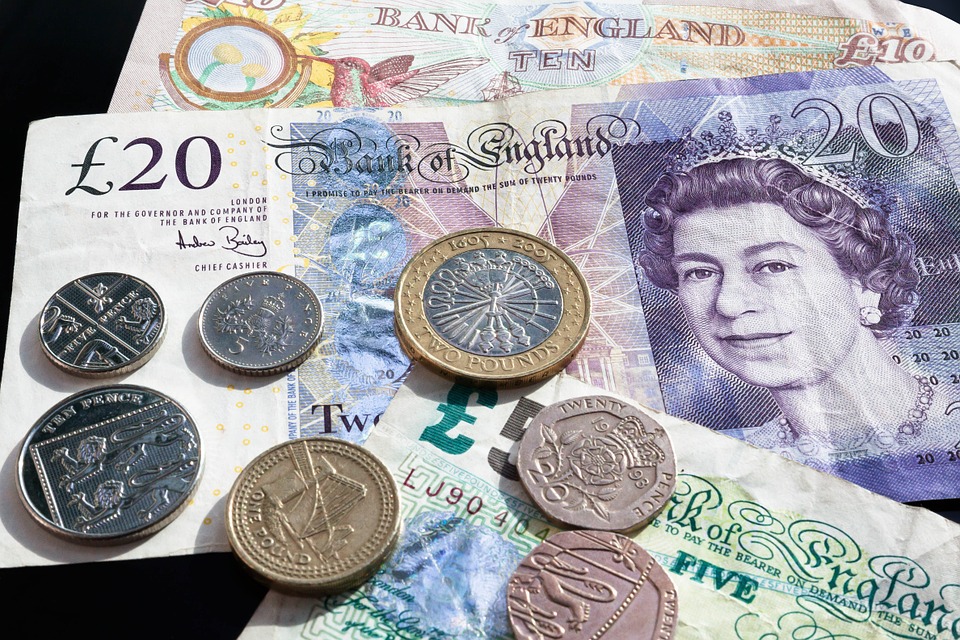Oil jumped on Monday as OPEC+ considered reducing output at its meeting later this week while the pound swung higher after the UK government said it would reverse a controversial tax cut that had roiled British markets.
Asian stocks mostly fell in holiday-thinned trade although Japanese markets found support on strong energy and semiconductor shares.
Sterling jumped in early London trade after the British government announced plans to reverse the proposed scrapping of the higher rate of income tax that has sparked a backlash in the governing Conservative Party.
The pound rose as far as $1.128, its highest in 10 days, while FTSE futures hinted at a strong recovery in a stock market that has been battered by concerns over Prime Minister Liz Truss and her finance minister Kwasi Kwarteng's spending plans.
"From a market perspective, it is a good step in the right direction. It will take time for markets to buy the message but it should ease the pressure," said Jan Von Gerich, chief analyst at Nordea .
Outside Japan, stocks fell around Asia. MSCI's broadest index of Asia-Pacific shares ex-Japan (.MIAPJ0000PUS) was down 1.04%, on course for its fourth straight session of losses. It fell nearly 14% over the past quarter.
U.S. crude futures rose 2.70% to $81.64 a barrel after OPEC+ sources told Reuters oil production could be cut by between 500,000 and one million barrels a day. Brent crude rose 2.55% to $87.31 per barrel.
Japan's Nikkei 225 (.N225) rose 0.50%, with energy stocks leading gains on the index and upbeat quarterly earnings from Mimasu Semiconductor (8155.T) boosting chip shares.
Minutes from the Bank of Japan's September meeting were also released on Monday, showing members debated the possibility of inflation outpacing expectations under the bank's ultra-easy monetary policy, which ultimately went unchanged.
"Some participants suggested that the BoJ should closely monitor whether the recent cost pressures will lead to a virtuous cycle of higher wages," wrote Ayako Fujita, a researcher at JPMorgan, in a note. "We think this confirmed that wage trends are the key condition for the BoJ to change its policy."
The yen briefly fell as low as 145.4 to the U.S. dollar despite remarks this morning from Japan's finance minister, Shunichi Suzuki, that the government would take "decisive steps" to prevent sharp currency moves.
It was the first time the yen has fallen through the 145 barrier since Sept. 22, when the Ministry of Finance intervened to prop up the currency, which has hit 24-year lows against the dollar this year. It later pared losses and was last at 144.86.










